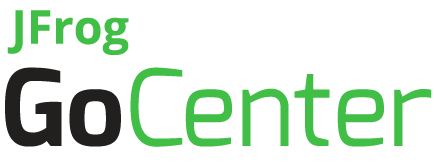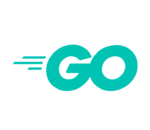
JFrog has announced a new public repository for the open-source community of Go developers. JFrog GoCenter is meant for software modules developed in the Go programming language, and is expected to officially launch to the broad community early next year.
“JFrog was founded on open source technology and on making developers’ lives easier,” said Yoav Landman, co-founder and CTO of JFrog. “GoCenter underscores our commitment to the open source Go community and addresses a need for reusable Go modules that every Go developer experiences.”
Go is an open-source language that was developed by Google engineers. It focuses on building simple, reliable and efficient software. According to JFrog, it is the “cloud programming language” and the fast-growing, fourth most popular language with more than two million developers. However, the company believes the language suffers from a lack of a single, public and trusted source for developers to take advantage of and manage Go Modules.
“As companies continue to adopt Go, the need has arisen for Go packages to be more predictable, immutable and manageable in a publicly-accessible repository. Without a public, stable repository, developers need to re-package their modules over and over, wasting huge amounts of time and energy. Further, the absence of standards can damage the inherent trust of the modules, which may change at the source,” JFrog wrote in its announcement.
The GoCenter was created to address this problem by offering support for thousands of Go-oriented projects, building and validating Go modules, and making them publicly available and easily accessible.
“As heavy users of Go ourselves, we recognize the community’s need for an immutable repository of Go modules. We’re proud and excited to announce that GoCenter is coming to the community in support of the growing base of Go developers and development teams,” said Jagan Subramanian, VP of Community & Partner Engineering for JFrog.
According to the company, contributions to GoCenter will go through a public process. The repository is expected to feature thousands of modules and packages from popular technologies such as Kubernetes.
In addition, the Go programming language team recently announced plans for the “next version” of Go: Go 2. Instead of being a major release, Go 2 will happen in incremental steps and be community driven.






